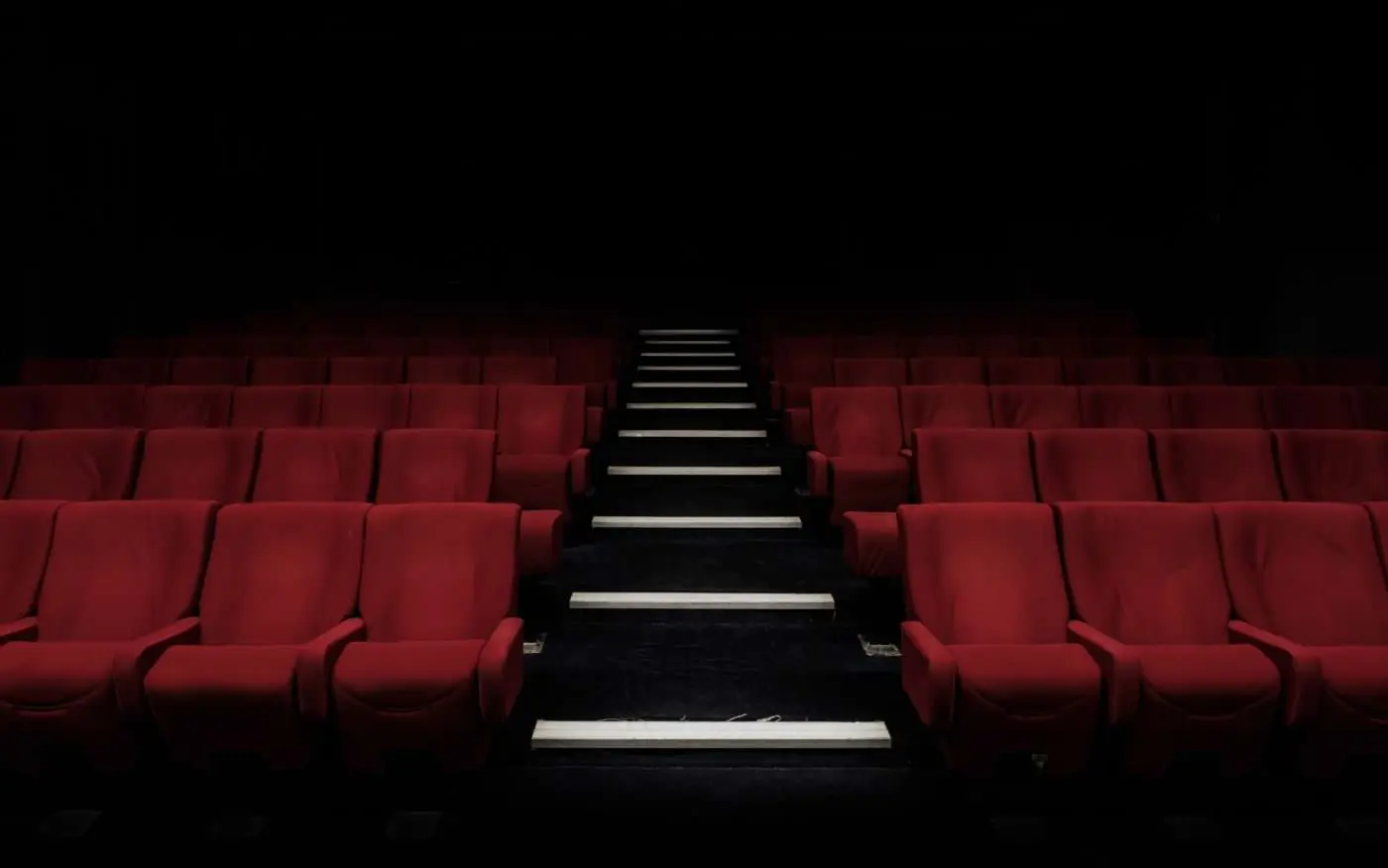Film Studies: Auteur Focuses
- Woody Allen
- Ingmar Bergman
- The Cohen Brothers
- Federico Fellini
- Alfred Hitchcock
- Akira Kurosawa
- Orson Welles (especially The Lady from Shanghai, Chimes at Midnight, and his Shakespeare adaptations of Macbeth and King Lear)
Comparative Film Studies
Same Director
- Through a Glass Darkly vs. Winter Light vs. The Silence (Bergman trilogy)
Theme: Spiritual isolation - Persona vs. The Hour of the Wolf vs. Shame (Bergman trilogy)
Theme: Interpersonal relationships - Winter Light vs. Wild Strawberries vs. The Seventh Seal (Bergman trilogy)
Theme: Meaning of life - Vertigo vs. Rear Window vs. Strangers on a Train (Hitchcock)
Theme: Unexpected consequences of choices - The Conformist vs. The Last Emperor (Bertolucci)
- Simon of the Desert vs. Viridiana vs. The Discreet Charm of the Bourgeoisie (Luis Bunuel)
Different Directors
- The Seven Samurai (Kurosawa) vs. The Magnificent Seven (Peckinpah) vs. The Wild Bunch (Peckinpah)
Same story retold differently (different culture, and different underlying “message for the audience”) - King Lear (Olivier) vs. Ran (Kurosawa) vs. King Lear (Godard) vs. A Thousand Acres (Jason Robards) vs. others
Same story retold differently (different cultures, and different underlying “message for the audience”) - Macbeth (Olivier) vs. Throne of Blood (Kurosawa) vs. Macbeth (Mel Gibson) vs. Macbeth (Orson Welles)
Same story retold differently (different cultures, and different underlying “message for the audience”) - Schindler’s List (Spielberg) vs. Sophie’s Choice (Pakula) vs. The Deer Hunter (Cimino)
The ultimate in moral dilemmas - Rashomon (Kurosawa) vs. Last Year at Marienbad (Renais) vs. Wild Strawberries (Bergman)
Perspectives on the subjectivity of reality - A Man for All Seasons (Zinnemann) vs. Becket (Glenville) vs. Man of La Mancha (Hiller)
Perspectives on individual moral choice based on spiritual frame vs. the earthly world - Other Shakespeare films: King Lear, Macbeth, Midsummer Night’s Dream, The Tempest (interpretations by different directors)
Movie-to-Book Comparisons
- Jean de Florette/Manon of the Spring
- Like Water for Chocolate (Laura Esquevel)
- The Unbearable Lightness of Being
- Inherit the Wind
- The Last Temptation of Christ (Kanzantzakis)
- Joan of Arc (historical records vs. several movie versions)
- The Ox-bow Incident (Walter Van Tilburg Clark)
- One Flew over the Cuckoo’s Nest (Ken Kesey)
- Sometimes a Great Notion (Ken Kesey)
See Ken Boa’s full list of recommendations for films with spiritual and moral themes.



